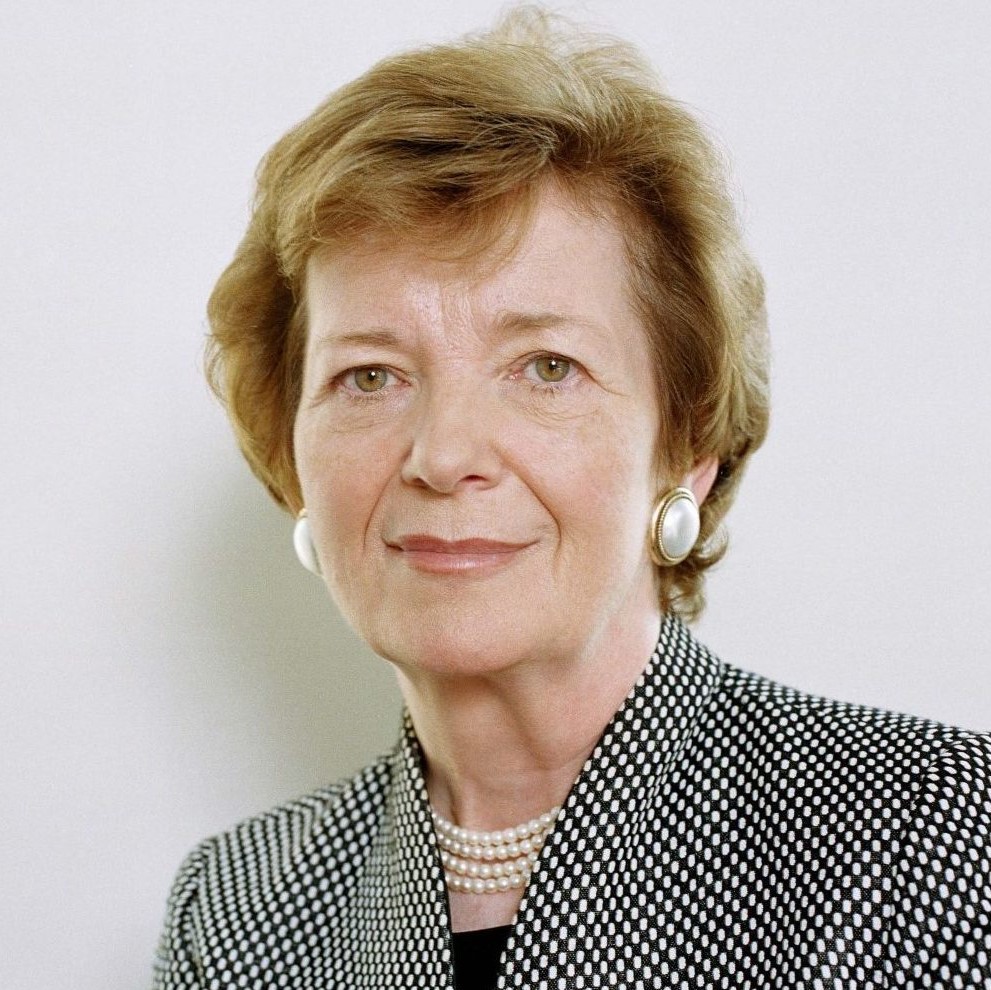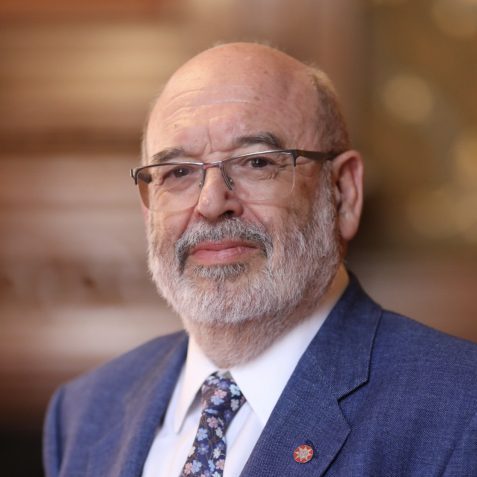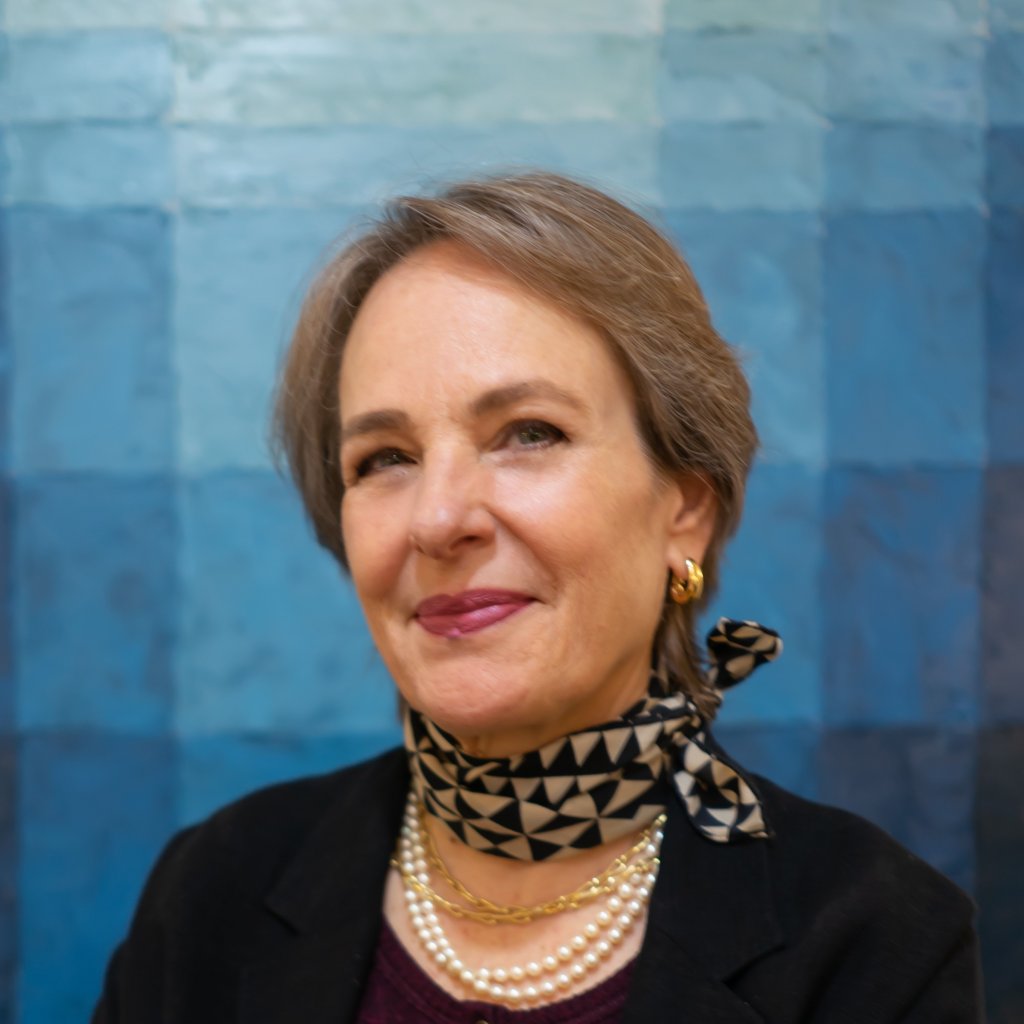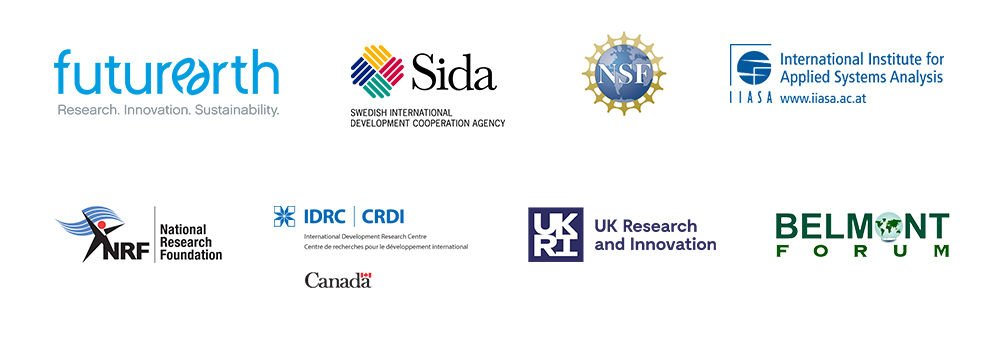
Business-as-usual approaches to science and science funding are incommensurate with the timeline for achieving the SDGs or that of addressing our current planetary crises in a humane, dignified and equitable manner. A major qualitative and quantitative step-change is needed in science to support critical societal transformations towards a more sustainable, equitable and resilient future.
The report Unleashing Science: Delivering Missions for Sustainability offers an ambitious approach – a concerted effort to produce actionable knowledge through a set number of Sustainability Science Missions – in the critical areas of food, energy and climate, health and wellbeing, water, and urban areas. Scaling up science investment to strongly and sustainably support Sustainability Science Missions, united around a common sustainability agenda, provides a real opportunity for mobilizing and putting to use the best global science for societal transformations in an outcome-driven, coordinated and integrated manner.
Delivering the Sustainability Science Missions will require broad and bold engagement, and commitment, from science funders, but also from decision-makers and influencers in governments, in the private sector and in civil society. The international funding community is ready for the challenge and has asked the International Science Council to lead on the development of a process to convene the necessary voices, jointly designing the way forward. This report is an input into that process. It is intended to challenge and – where necessary – to disrupt our thinking and to inspire ambitious and achievable outcomes.
The report presents a framework of ideas on how science, along with science funders, policy-makers, civil society and the private sector, could rise to the challenge of acting effectively in the face of urgent and existential risks to humanity. For science to unleash its full promise, it must be focused, shielded and continually and substantially supported and promoted – both financially and politically – like the mission to the Moon. Ensuring an equal opportunity for a safe and dignified future for humanity should be worthy of a similar commitment.
The International Science Council and its partners are committed to work with political leaders, science funders, both national and philanthropic, and development aid agencies to identify the most appropriate institutional arrangements and funding mechanisms required to co-construct and deliver on the Sustainability Science Missions. We invite you to join us in empowering mission-oriented science for sustainable societal transformations in the 21st century.

“With the devastation caused by climate change and the COVID-19 pandemic, the implementation of 2030 Agenda is no longer optional: the whole world must work collaboratively to enforce this Agenda. My encouragement to the international scientific community and science funders is to provide leadership, which is badly needed in our world, and to seek the biggest possible impact through increased collaboration and mission-oriented science to achieve the Sustainable Development Goals. Global science must focus its collaborative efforts on building forward with equity, with justice, and with sustainability!”
Mary Robinson, ISC Patron and Chair of The Elders

“We are not far away from the planet temperature exceeding the plus 1.5°C mark. There are many other real risks to the human condition, political and social, which will impede progress. We must collectively take a much more holistic approach that has intent, focus, energy and urgency. It is time to think and act differently in science. We need globally organized, mission-led science to address the knowledge and application gaps, as the present system will not meet the goals of sustainable development fast enough.”
Peter Gluckman, ISC President-elect

“For the International Science Council, the biggest and most urgent challenge for contemporary science is to identify pathways to global sustainability, and to assist in the creation and promotion of policies and public action that can advance societies along those pathways. The Council is committed to mobilizing the enabling conditions and resources needed to secure impactful global action in response to this challenge. The time to act is now.”
Heide Hackmann, ISC Chief Executive Officer

“Delivering on the SDGs is a global humanitarian imperative, and the collective sciences have much to offer to make this possible. The mission challenge is to harness scientific capabilities to overcome societal obstacles that prevent us from achieving a dignified future for all of humanity”
Albert van Jaarsveld, Director General, The International Institute for Applied Systems Analysis

“This report clearly articulates the need and the role for mission science in solving society’s most urgent challenges. To meet these needs, it is imperative that researchers, decision makers and funders come together to accelerate the development and implementation of viable solutions.”
Maria Uhle, Co-Chair of the Belmont Forum

“Expedited by shared and critical development challenges, the 21st Century has redefined the status quo of our society, economics, institutional and governance structures, and operational models. In response, the science system has to swiftly develop multidisciplinary and multisectoral ways to redefine and address global challenges faced by modern society. Attaining these goals requires clear pathways, strategic investments and collaboration in key programmes, especially those that deliver missions for sustainability. The need for transformative change is acknowledged and supported by science funders globally.”
Aldo Stroebel, Executive Director, National Research Foundation of South Africa | Co-Chairperson, Executive Support Group, Global Research Council

“Unless we support research and science in the developing world, we will continue to see only a fraction of the solutions available to confront global challenges. This report stresses the urgency for funders worldwide to mobilize resources and work together to fund global research that responds to the challenges of our time.”
Julie Shouldice, Vice-President, Strategy, Regions and Policy, Canada’s International Development Research Centre
The Unleashing Science report was developed based on the input collected from an ISC-led global call in 2020 to shape a priority action agenda for science. In addition to the call, the ISC undertook extensive reviews of international research agenda-setting reports and the relevant scientific literature published since the adoption of the SDGs. The report was developed under the valuable guidance and advice provided by the members of the Scientific Advisory Group and the members of the Steering Committee, representing the partners of the Global Forum of Funders.
The Unleashing Science report is produced under the framework of the Global Forum of Funders led by the International Science Council in partnership with:

The collected inputs from the ISC global call and literature review not only informed the development of the Unleashing Science report, but also provided valuable insights on research gaps and priorities which, if pursued, could support the impact that the Sustainability Science Missions seek to accomplish. These insights are summarized in A Synthesis of Research Gaps. The intention of this synthesis is to identify, on the basis of a careful analysis of the literature, research areas and themes that can make valuable scientific contributions towards implementation of the SDGs in the next decade. This synthesis can help guide future scientific and science funding action.

If you are interested to collaborate with the International Science Council on advancing mission-oriented science for sustainability, please contact Katsia Paulavets at [email protected]